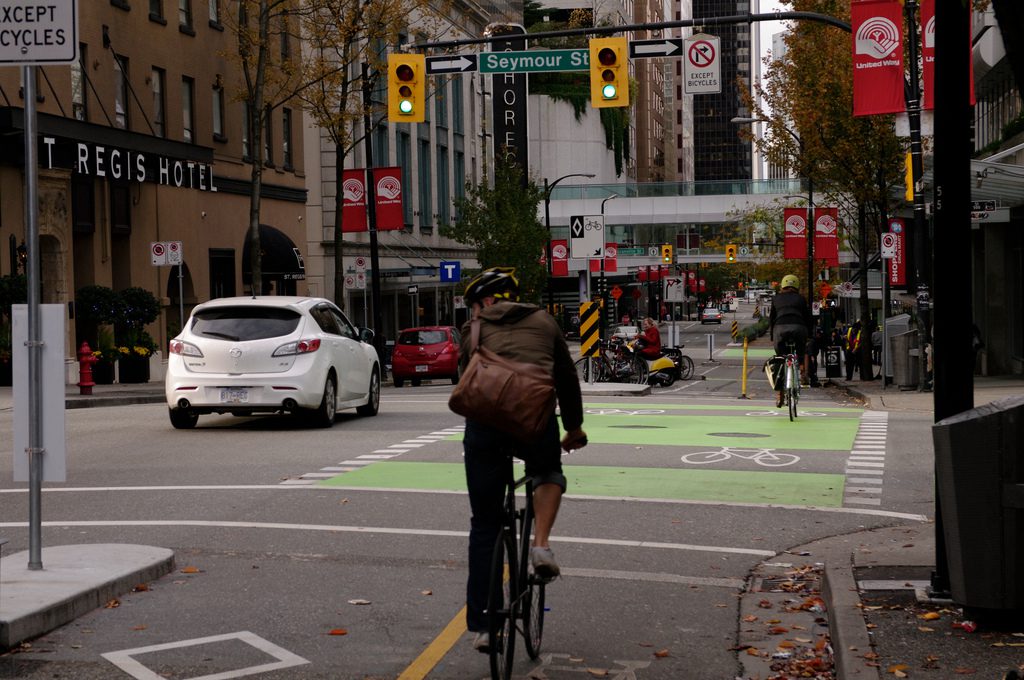Making the global shift to cycling as transportation could save the world trillions, build cities: study
It's more or less academic that a switch to cycling would have viable, sustainable effects in creating healthier cities, for example, or in serving to reduce overall pollution levels. The environmental benefits of riding are plain, the case all but open-and-shut.


It’s more or less academic that a switch to cycling would have viable, sustainable effects in creating healthier cities, for example, or in serving to reduce overall pollution levels. The environmental benefits of riding are plain, the case all but open-and-shut.
But there’s another factor that often goes unaddressed, and its positive relationship with cycling is the focus of a new study: economics.
Along with forecasting a 10-percent reduction in carbon dioxide emissions by 2050, the study, published by the Institute for Transportation & Development Policy and the University of California Davis, also found that a global shift to cycling could save the world’s economy trillions of dollars. “This is the first report that quantifies the potential carbon dioxide and cost savings associated with a worldwide shift toward much greater use of cycling in urban areas,” said Lew Fulton of UC Davis, the report’s co-author. “The estimated impacts surprised me because they are so large.”
“The costs saved in lower energy use and reducing the need for car travel, new roads and parking lots through 2050 are substantial,” Fulton added.
What’s needed to stir the pot in countries like Canada and the United States, the study indicated, is the right blend of public policies and infrastructure investments. In Canada, only one percent of urban trips are by bike, the report said. With those investments and policy initiatives, cycling could conceivably account for 14 percent of the total urban miles traveled by 2050—something that would bring Canada’s numbers up to roughly seven percent.
With such a shift, the study—which was supported by the UCI, the European Cyclists’ Federation and the Bicycle Suppliers Association—noted that between 2015 and 2050, cumulative global savings of US$24 trillion would also result. Investing in cycling as transportation, not recreation, would free up cities to invest their resources elsewhere, it argued. The city-building effect would be profound.
“Building cities for cycling,” said Jacob Mason, co-author of the study and a manager of research at New York’s Institute for Transportation and Development Policy, “will not only lead to cleaner air and safer streets, it will save people and governments a sustainable amount of money, which can be spent on other things.”
“That’s smart urban policy.”
